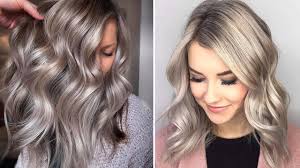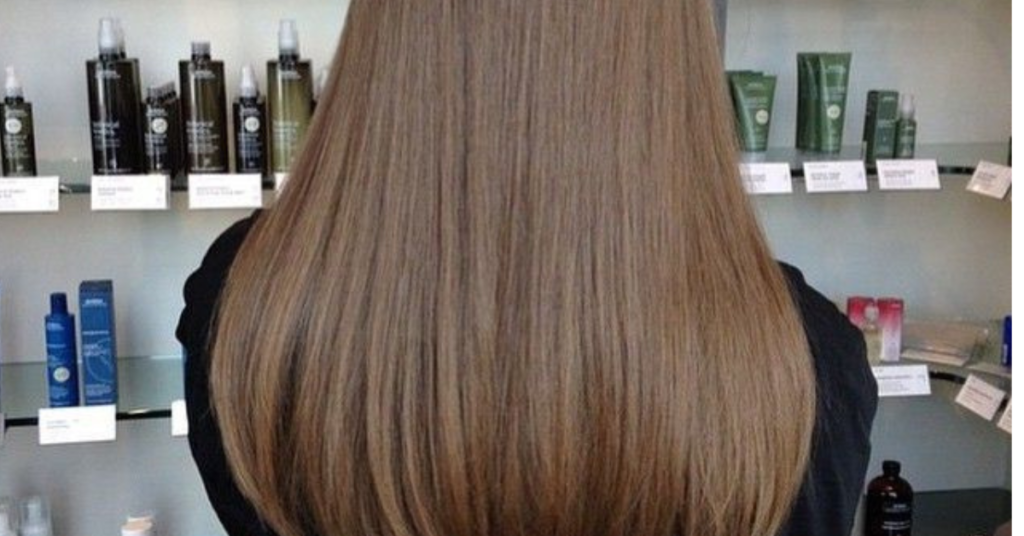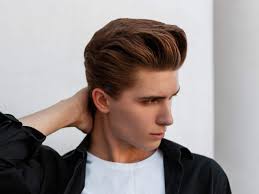The consumers have finally realized that they need Hair Care sustainable and ecological options. However, the largest segment in such an industry—hair care may have undergone radical changes in itself because consumers are changing the way they get their hair cleaned and styled for the better to be more earth-friendly and personally responsible for having an impact on the planet as well.
It emphasizes sustainable and environmental hair care with its difficulties along with actionable tips to embrace greener habits.
Why Sustainable Hair Care Matters
The hair care industry is estimated to be around a billion dollars worldwide, but it comes with a cost. Manufacturing, packaging, and usage make up some of the sources added together to render traditional hair care an environment-intensive activity.
These are the primary issues:
High water intake is carried out during the production and usage of hair care products such as shampoos and conditioners.
Most the commercial hair products are composed of chemicals that have been proven to be sulphates, parabens and silicones that end in the water body and kill most of the living aquatic organisms
Plastic Pollution: Most the package for hair products is single -use plastics pollution the earth due to plastic.
Carbon Emissions: Because hair care by its very definition is going to be manufacturing and transportation, this will always represent a generation of greenhouse gas emissions.
Consumer-wise, the consumption can mitigate these negative environmental effects simply by buying green and healthy eco-friendly hair care, which typically represents healthier, largely naturally produced product.
Sustinable hair care refers to sustainability and ethics in product making without compromising the quality of the product. Characteristics of sustainable and eco-friendly hair care characteristics are as follows.
Natural Ingredients: Organic and biodegradable plant-based ingredients cause less harm to the environment and are quite gentle on the scalp as well as on the hair.
Less Packaging: Sustainable hair care brands only use less packaging that can be recycled or even composted. They offer their products with refills.
No Water Formulation: Hair care products such as shampoo bars, powdered conditioners do not carry water, plastic bottles are not used either.
Not Cruel on Animals: Hair care brands that avoid cruelty do not accept any test on animals; no form of an animal ingredient is used on the product.
Generally, the companies which are eco-friendly tend to make their entire supply chain, production process, and their efforts towards preserving the environment quite transparent.

Challenges To Be Sustainable Hair Care
It is too overwhelming to become sustainable hair care. However, some general challenges for the consumers are as follows:
Costly: The sustainability source and production would cost a little more to be a green brand.
Availability: Sometimes these ecological products are inaccessible in some regions.
Transition Period: Organic hair care might perform differently for a few days due to the transition of hair by not having the synthetic chemicals attached to it
Greenwashing: The more often these claims made happen about environmental advantages that aren’t, the tougher it gets for knowing what really is and what isn’t eco-friendly.
Investment in own health and a good investment on the health planet.
Tips for Sustainable Hair Care
Getting greener doesn’t have to be intimidating. Here’s how to get started:
1. Choose Sustainable Brands
Support companies that care about sustainability. Research their practices, certifications, and ingredient lists. Look for certifications like USDA Organic, Fair Trade, or Leaping Bunny.
2. Use Solid Products
Some of these waterless alternatives include shampoo bars, conditioner bars, and solid hair masks. These reduce the production of plastics, are travel-friendly, and last longer than liquid products.
3. DIY hair care
Another great way of saving cost and utilizing minimal materials is hair care without going to the market to buy. For example, coconut oil, aloe vera, and apple cider vinegar are some of the good shampoos, conditioners, and treatments.
4. Minimize Product Use
Cut down on your routine as the lesser use of products decreases the usage of water and product usage: reduce the frequency of washes, co-wash, or even increase the time between washes.
5. Recycling and Reusing Packaging
If you are using products with plastic packaging, make sure that materials should be recyclable and follow the proper recycling procedure. Refill stations are also an option as some brands give you those.
6. Conserve Water
Turn off the tap while lathering or rinsing and use an efficient showerhead to prevent wastage of water.
7. Use Natural Hair Remedies
Use natural hair masks from avocados, honey, or yogurt to nourish your hair free from chemicals bad for the environment.
8. Buy from Locals
You can get fresh and more environment-friendly hair products with minimal carbon footprint by directly purchasing from local artisans or small-scale enterprises.
Ingredients to Look for and Those to Avoid
You Should Look For:
Aloe vera
Coconut oil
Shea butter
Essential oils such as lavender and tea tree
Plant-based surfactants

Herbal extracts including rosemary and chamomile
Avoid the Following:
Sulfates such as sodium lauryl sulfate
Parabens
Silicones, dimethicone included
Synthetic fragrances
Phthalates
Petrochemicals
Scintillating Examples of Sustainable Hair Brands
Some companies are pioneers in hair sustainability. Some examples include the following:
Ethique: This company is very popular for solid hair products. It gets rid of plastic waste and has biodegradable packaging.
Aveda: This brand is run by renewable energy sources in its manufacturing process. In addition, the brand also uses plant-based ingredients.
HiBAR: HiBAR makes various bar alternatives to shampoo and conditioner products without any plastics at all.
Plaine Products: This is a brand that produces refillable bottles contrary to single-use plastics.
Lush: Lush green bars for shampoos and lesser packaging set the bar for most firms in the hair care industry.
Customers: Future and new business norm.
Consumer power is really big in the business world. As a consumer, if he or she needs more eco-friendly products, then he or she can take the following steps.
Support innovations towards new formulations










Leave a Reply